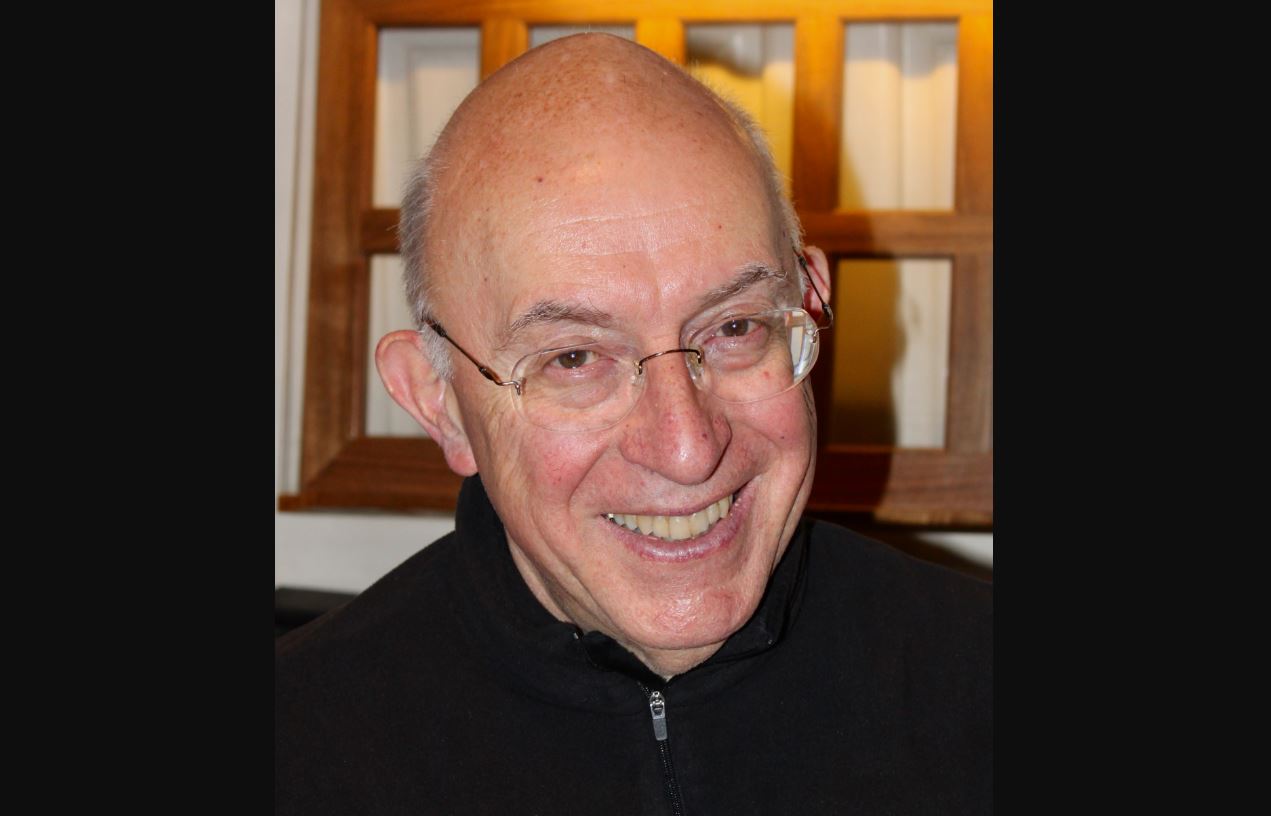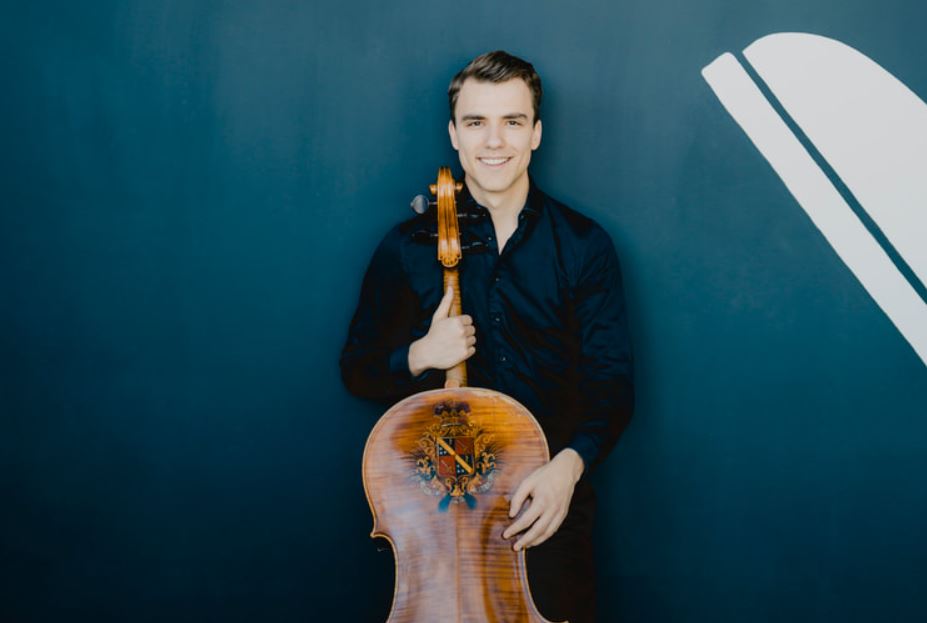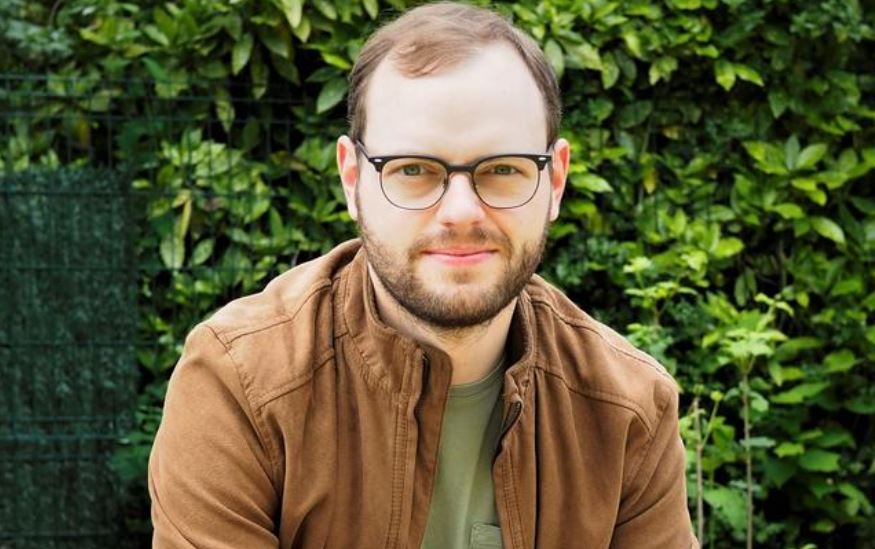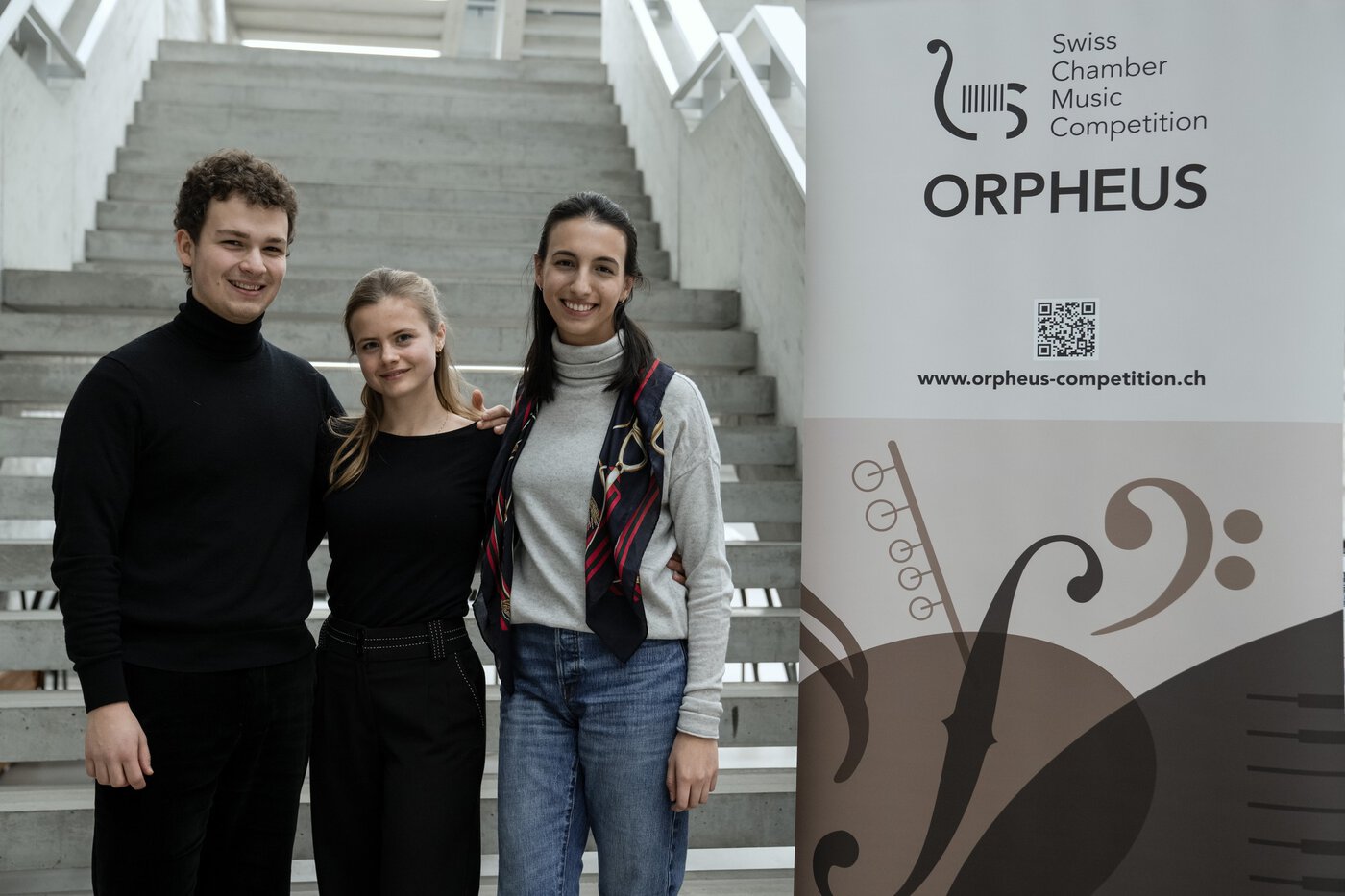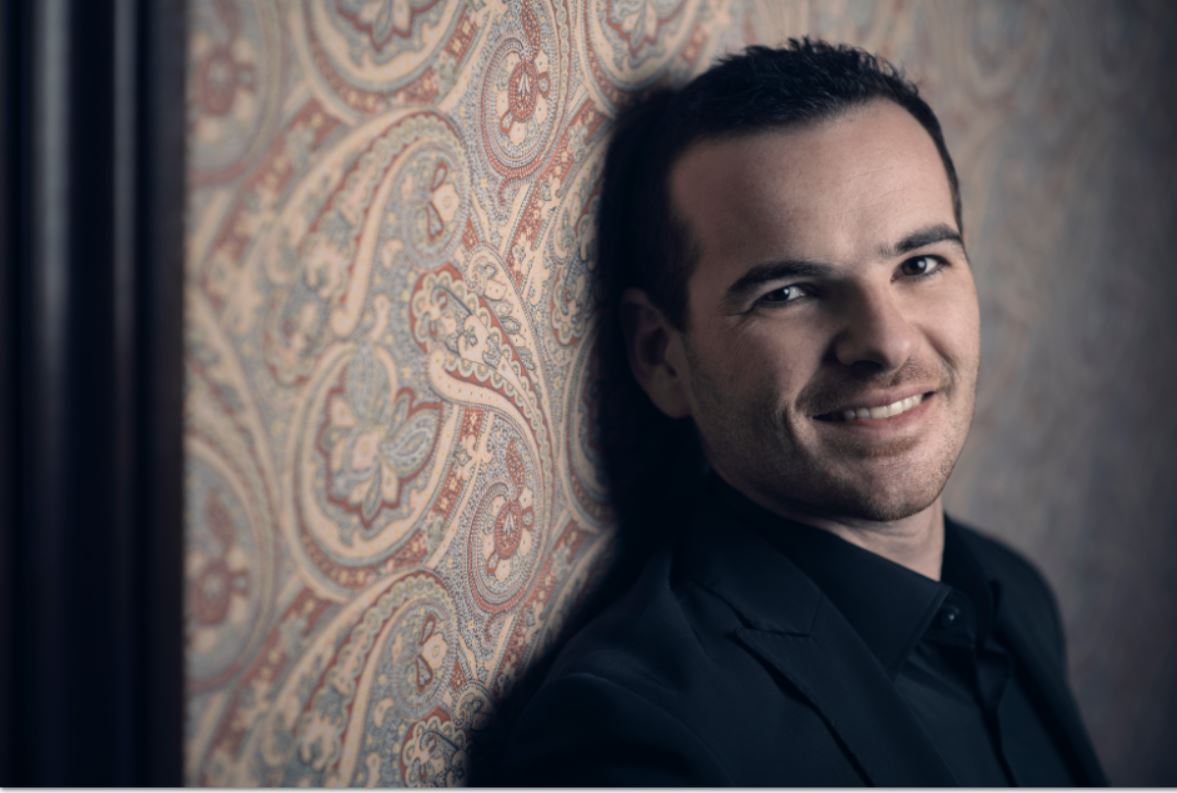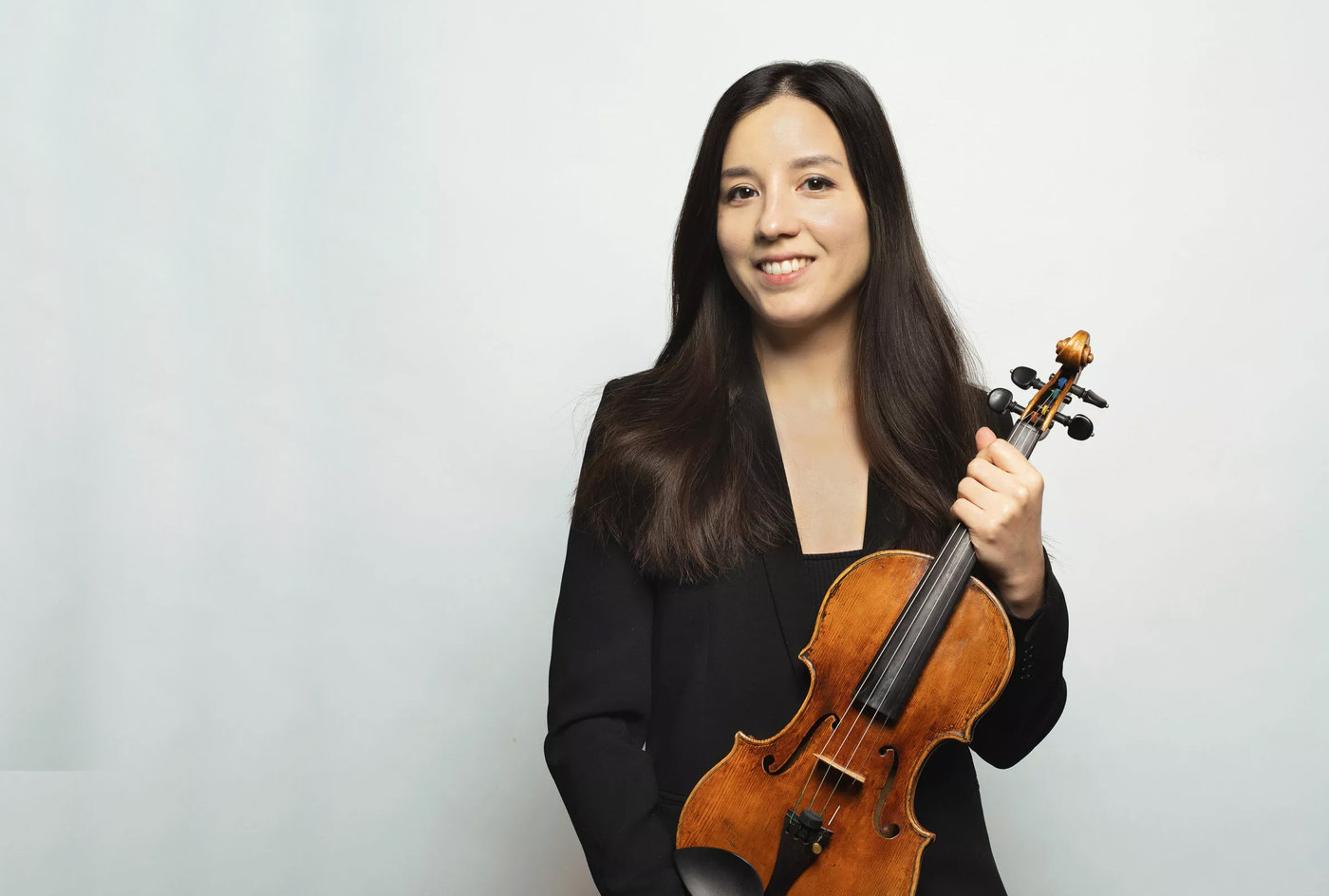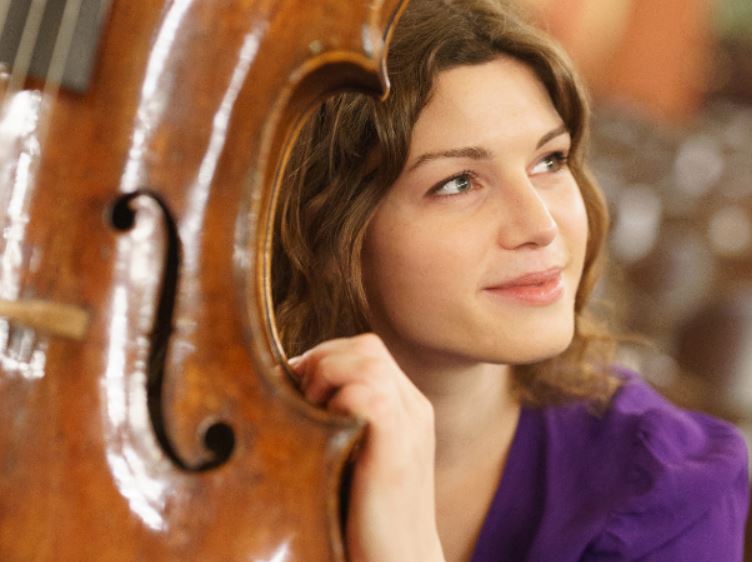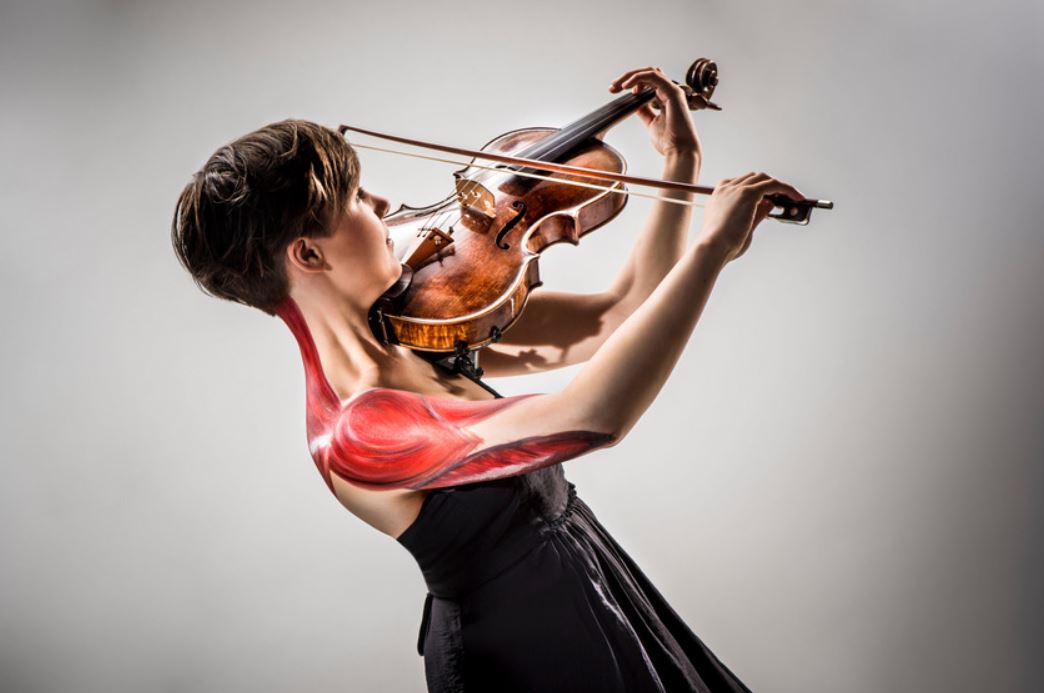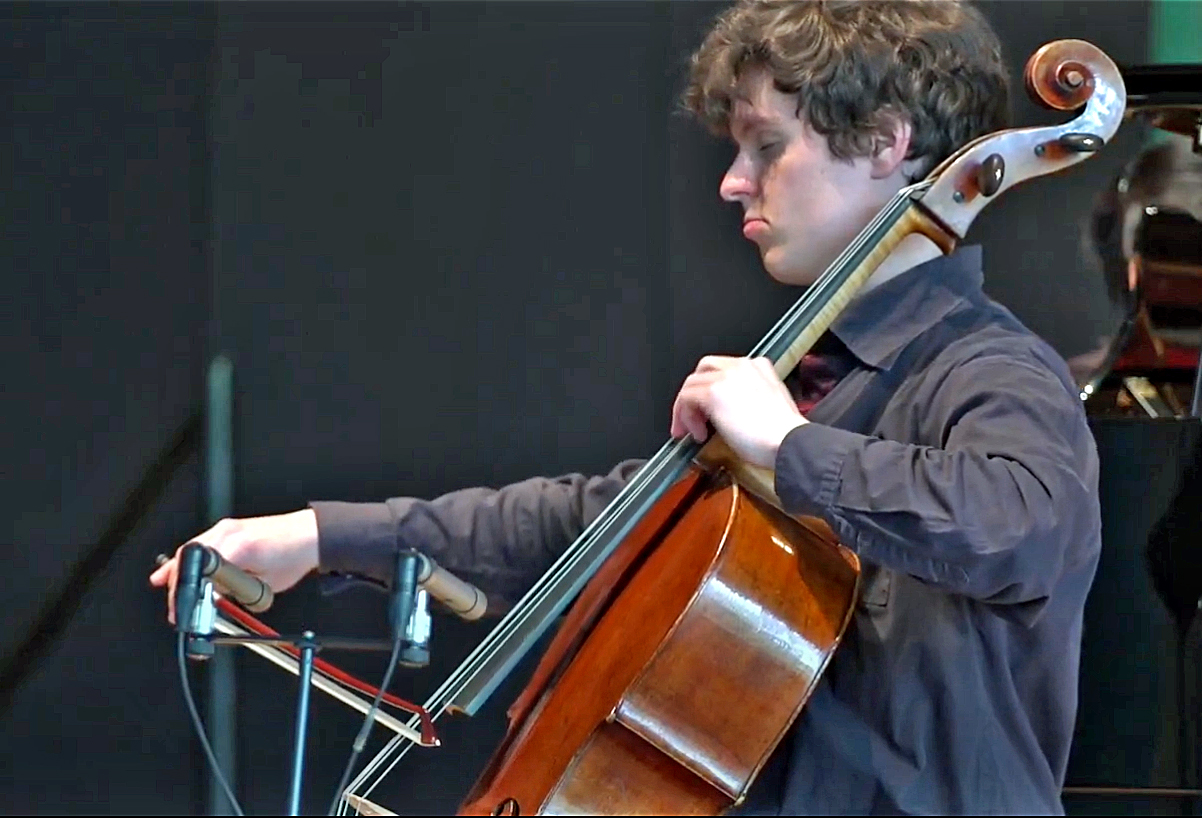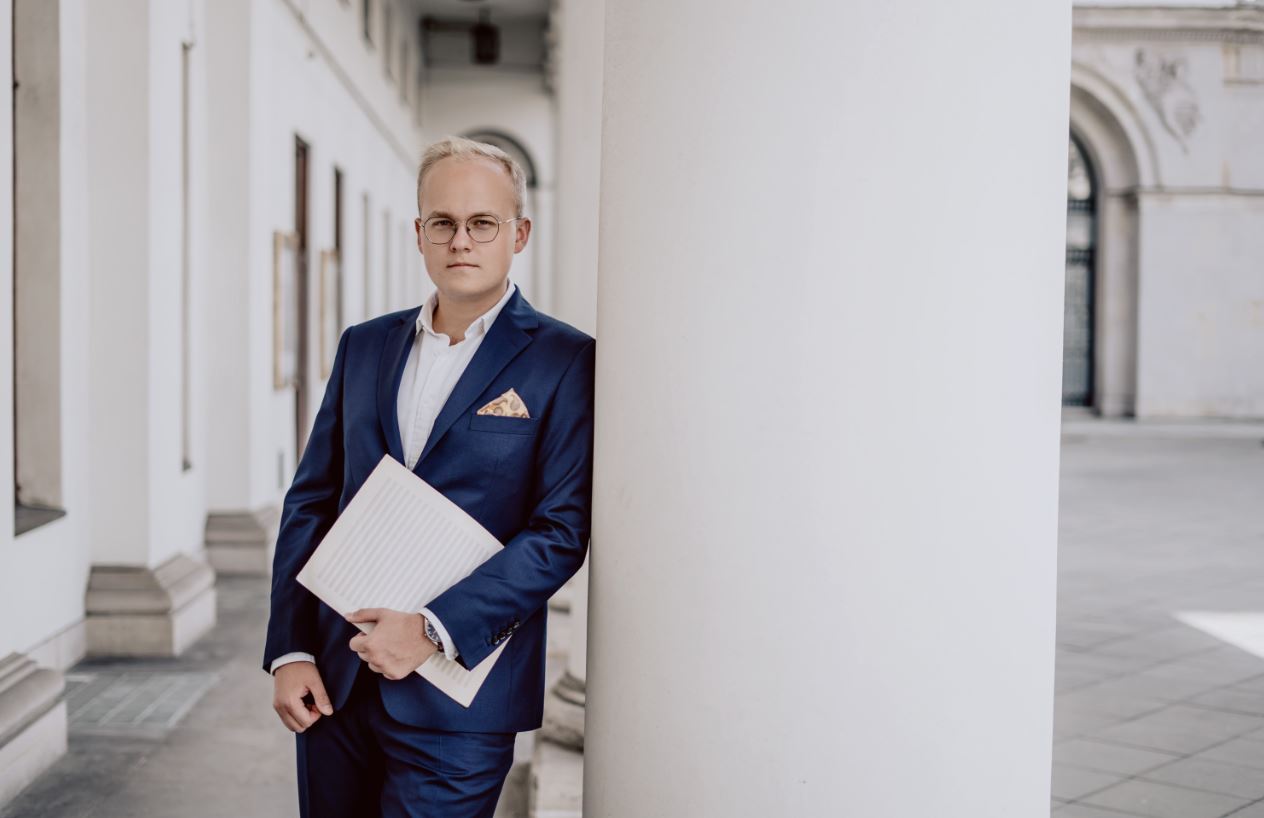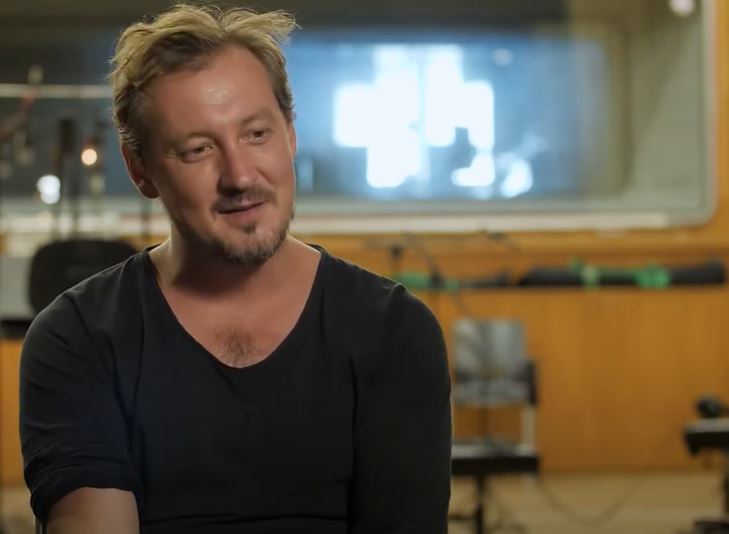Little sustainability in the classical music business
Orchestras, ensembles and concert halls are increasingly concerned with sustainability. The Potsdam Research Institute for Sustainability remains critical.
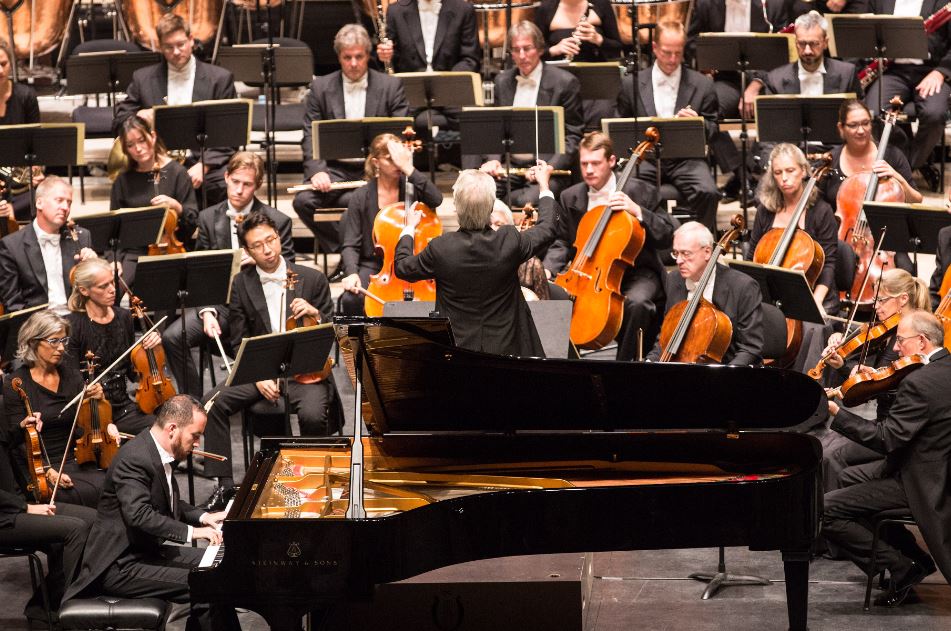
As part of a study, a team from the Potsdam Institute conducted interviews with 25 members of a German orchestra. It analyzed 13 interviews that appeared on the blog of the Orchestra of Change - an established sustainability initiative - and compared the statements with six examples of discourse, such as public declarations, position papers and project descriptions from institutions.
The team encountered pronounced forces of inertia: both musicians and institutions only showed interest in selected aspects of sustainable development and rarely criticized common practices in the industry. The researchers concluded that the historically established values of excellence and the preservation of a cultural heritage that is seen as immovable force the rules of the game to be maintained and hinder practical steps to slow down the concert business.






